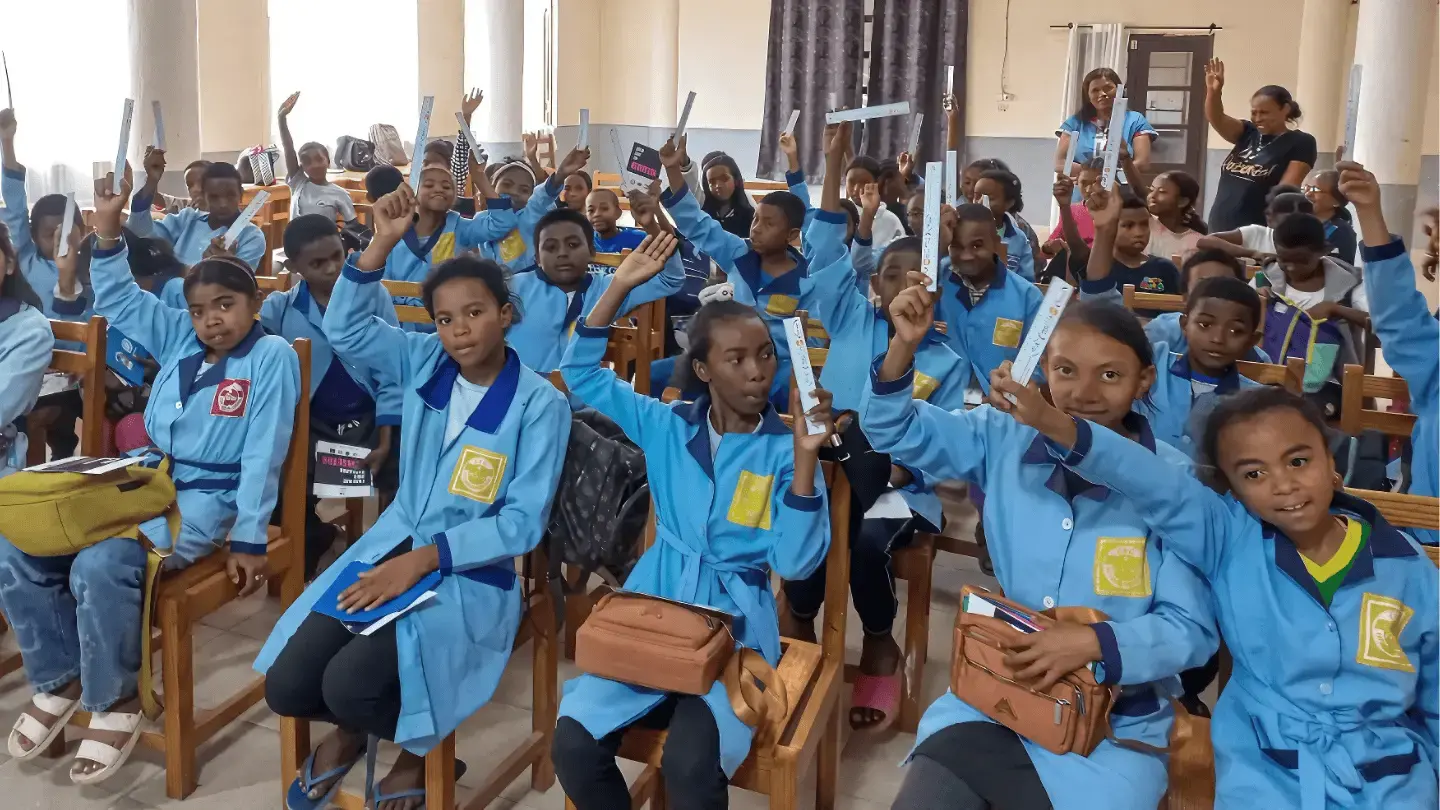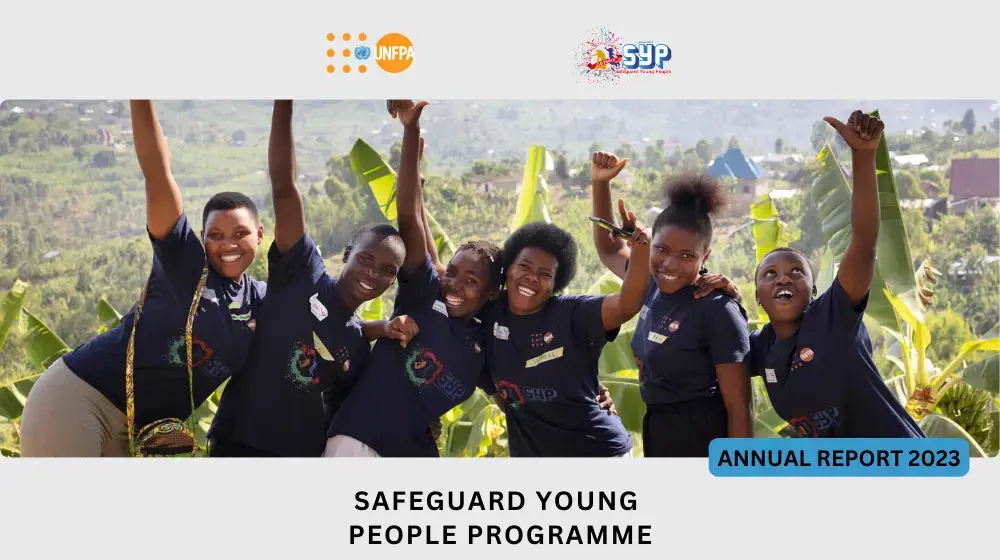JOHANNESBURG, South Africa — African leaders must take charge and provide the leadership needed to guarantee the sexual and reproductive health and rights of key groups of people. This view was expressed by former President of Mozambique Joaquim Chissano at a two-day policy discussion on integrating sexual and reproductive health (SRH) and HIV services for key populations in East and Southern Africa, held in Johannesburg, South Africa from 2-3 April.
Mr. Chissano outlined the advocacy work he has undertaken in this respect, including his involvement the Forum of Former African Heads of State and Government, of which there are 43 members. He discussed the review of the ICPD (International Conference on Population and Development) UNGASS (United Nations General Assembly Special Session) and advocated for the adoption of the ICPD. HE is the co-chair of the ICPD task force. He also referred to an open letter that he penned to African leaders, published by The Africa Report on 14 January 2014, on thefinalising of a document outlining Africa’s common position on the development agenda that will replace the Millennium Development Goals after 2015.
The meeting, organised by SAFAIDS on the theme ‘Protecting ALL is Leadership’, was attended by representatives from 13 countries (Botswana, Ethiopia, Kenya, Lesotho, Swaziland, Malawi, Mozambique, South Africa, Zambia, Zimbabwe, the United States, the United Kingdom and the Netherlands). Also represented were the African Union (Department for Social Affairs), parliamentarians, champions for HIV & AIDS reduction, key populations of all classified groups, the UN System and donors.
The aim of the meeting was to adopt a policy on strengthening HIV and SRH interventions for key populations in the post-2015 development agenda and to create a platform for increased policy dialogue on addressing discrimination against key populations that affects uptake of comprehensive SRH and HIV information and services.
During the meeting, the African Union presented its Road Map for the post-Maputo Plan of Action Agenda. The AU is to evaluate the Maputo Plan of Action through a number of processes to determine the way forward after 2015. The process is to be widely consultative.
A ‘talk show’ style discussion that had representation from all the participating groups (particularly key population groups) resulted in rich discussion of a number of sensitive but important issues, as well as the sharing of several examples of good practices and the challenges that can be found at country level.
During the meeting, tweets were screened as they were being posted.





